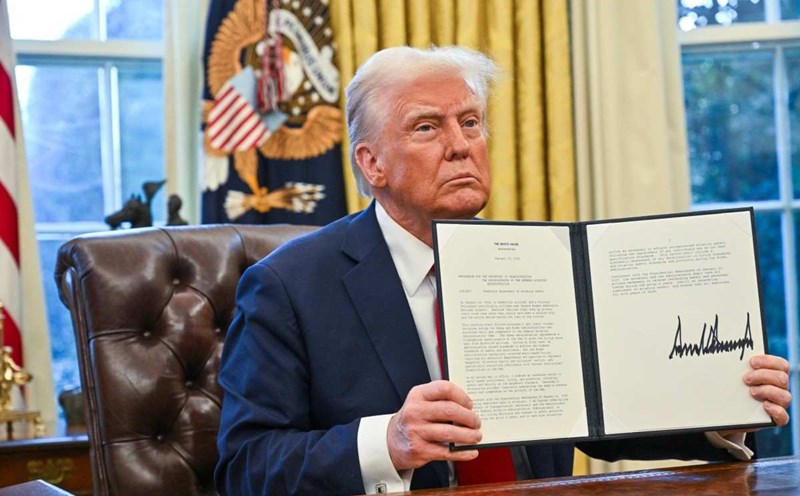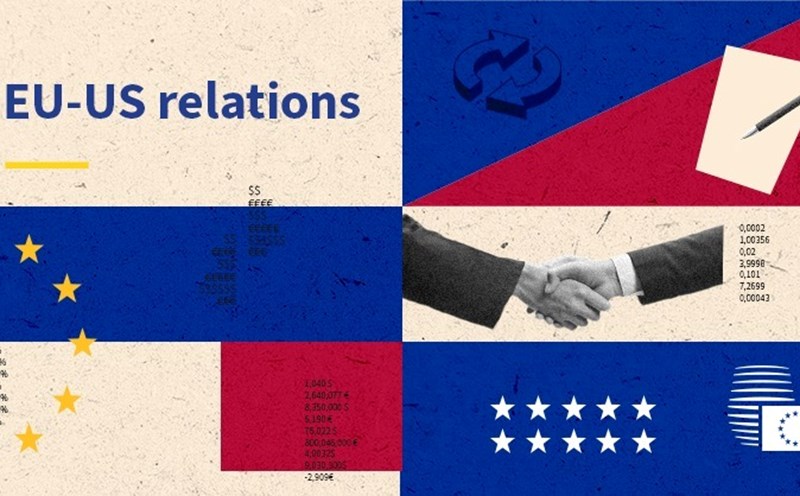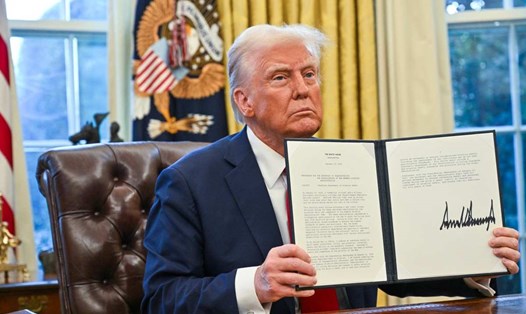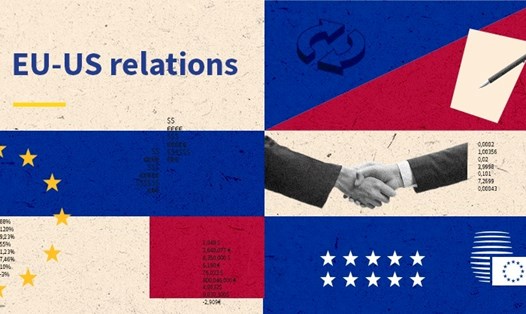RT reported that just hours after US President Donald Trump imposed sweeping trade restrictions on imports from Canada, Canadian Prime Minister Justin Trudeau immediately announced retaliatory tariffs of 25% on US goods.
Speaking at a press conference on February 1, Mr. Trudeau said: "Tonight, I am announcing that Canada will respond to the US trade actions with a 25% tariff on $155 billion of US goods."
The first round of tariffs is expected to last 21 days, starting on February 4, and will apply to $30 billion worth of US goods. After that, additional measures will be implemented to give Canadian businesses time to adapt.
These tariffs will have a wide-ranging impact, directly affecting essential goods, including wine, fruits, vegetables, clothing and footwear, Mr. Trudeau said.
Ottawa is also considering a number of “non-tariff measures,” including restrictions on critical minerals, energy purchases and other trade relations.
Canadian Prime Minister affirmed: "I will firmly defend Canada".
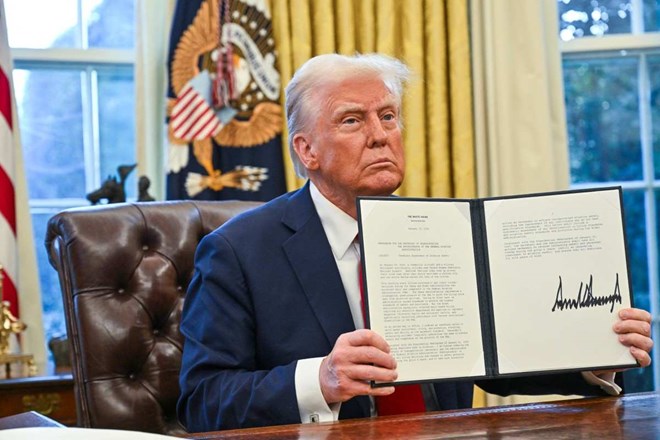
Meanwhile, Mr. Trump explained the reason for imposing a 25% tax on Ottawa goods was to prevent drug trafficking and illegal immigration.
The White House document points out that the United States is currently facing a particularly serious threat from illegal immigration and drug trafficking, including fentanyl. This has put the country in a state of emergency.
“President Trump is taking strong action to compel Mexico, Canada, and China to fulfill their commitments to stop illegal immigration and stop fentanyl and other harmful drugs from flowing into the United States,” the White House document reads.
Mr Trump has claimed Canada plays a major role in the US fentanyl crisis, while criticising Ottawa for not being serious enough about stopping the flow of illegal drugs.
Although Canada previously announced plans to spend $1.3 billion to increase border surveillance and combat drug trafficking to avoid the new tariffs, Mr. Trump still asserted that Ottawa could not change the situation or sway Washington's decision.
Faced with this situation, economic experts warn that consumer prices as well as trade activities between the two countries could be significantly affected if the US and Canada continue to escalate tensions in the market.

